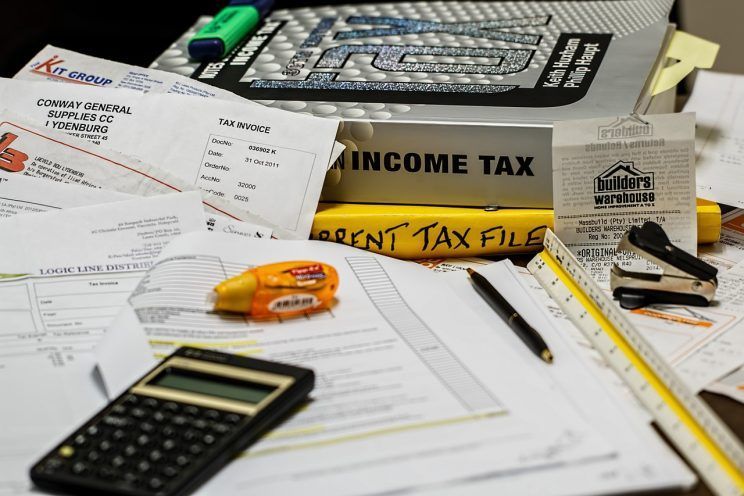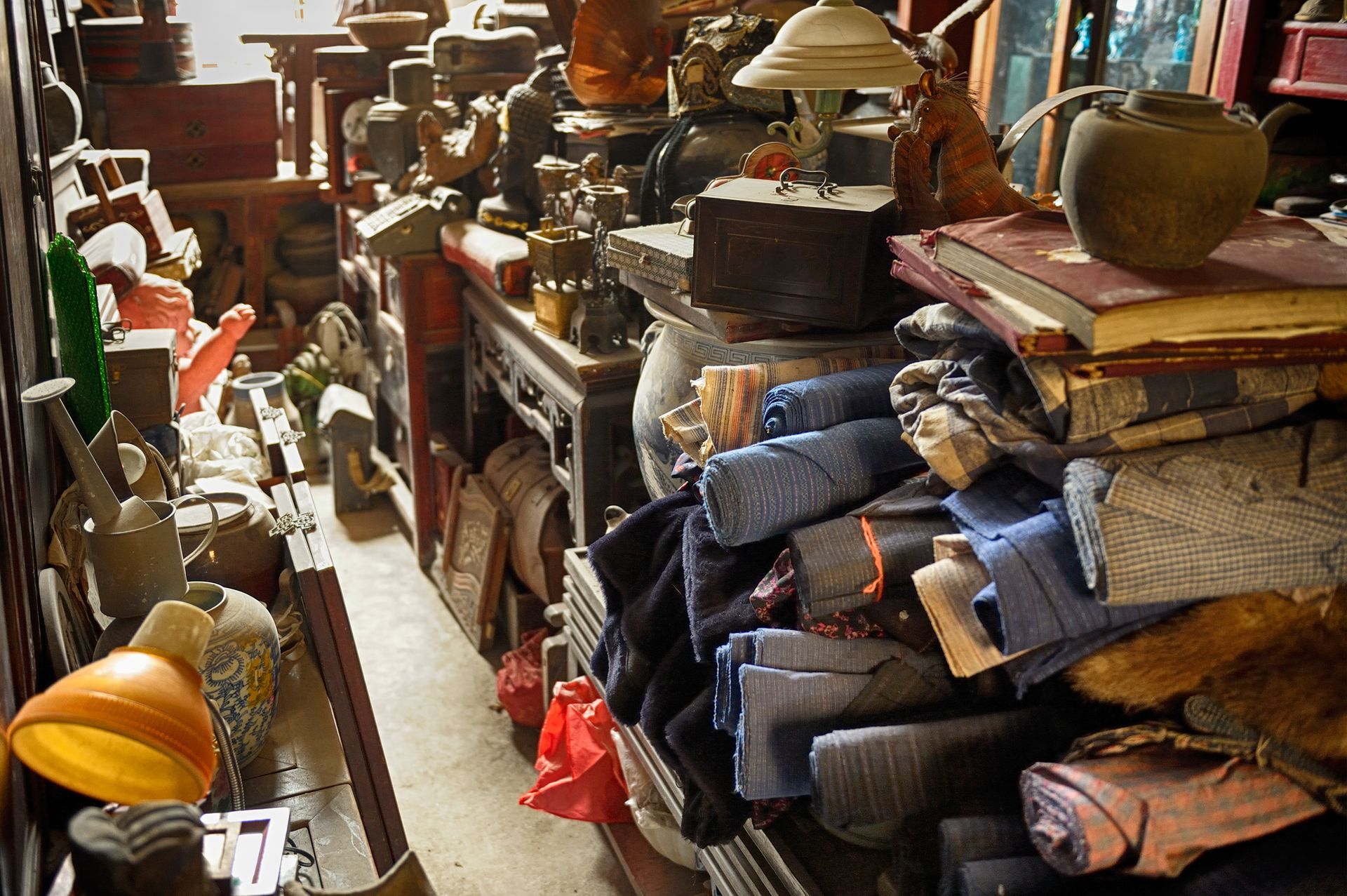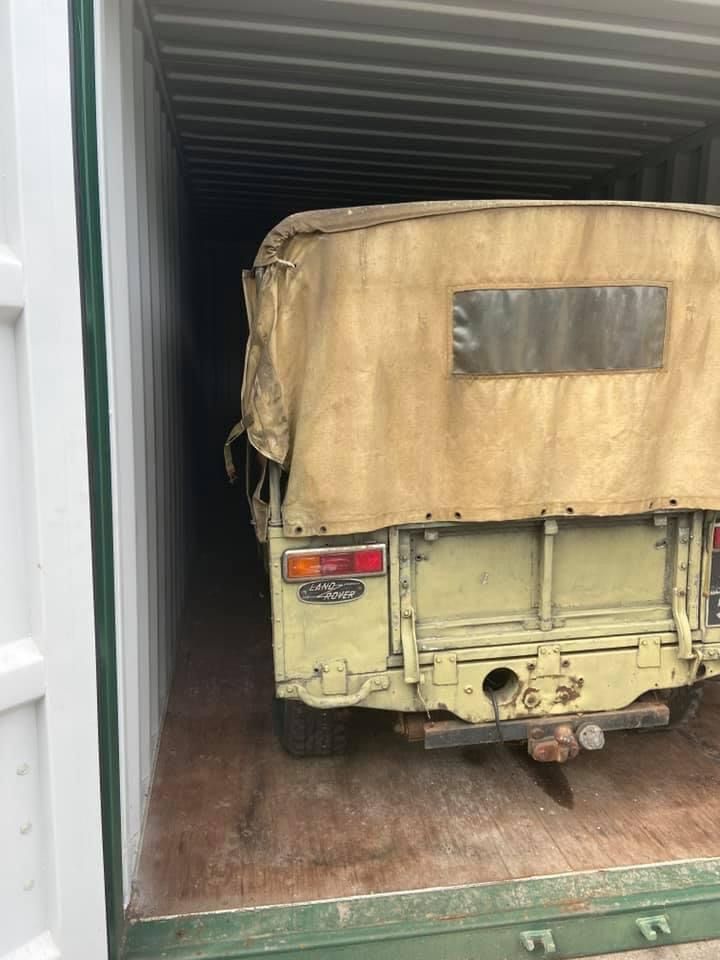Get in touch
0800 652 1117
info@flexible-storage.co.uk

DO I HAVE TO PAY BUSINESS RATES FOR STORAGE?
Every business strives to keep costs low. Whether it’s wages, utilities, rent or advertising, the vast majority of businesses have to make sure they cover these costs at the end of each month. One cost that unites all businesses – no matter the size or sector – is tax. As Benjamin Franklin once famously wrote: “nothing can be said to be certain, except death and taxes”. While taxation on businesses is without doubt a certainty in the modern world, there are ways that businesses can reduce their tax bill with the help of a storage facility. To be clear, the advice in the following article is all legally above board and will not leave you in hot water with the Inland Revenue, if followed correctly.
So, do you have to pay business rates for storage?
The short answer is – no. This is because the Valuation Office Agency (which gives the government property advice when it comes to taxation) says that the tax burden falls on the self storage facility itself. The VOA says: “We normally assess self storage facilities as a warehouse and the operator of the self storage facility will generally be liable for the payment of rates.” If you’re unsure whether your business qualifies for business rate relief, contact your local council.
What about VAT?
Good question – it’s true that the Finance Act 2012 introduced VAT on storage space. This brought the growing self storage industry in line with more traditional storage suppliers like removal companies, who were already paying VAT on their supplies of storage. Now, while this expansion of VAT in storage has pushed up prices for domestic storage users, businesses are able to claim it back. VAT can typically be reclaimed on goods and services that are used solely for business reasons. That means you can’t fill up a storage unit with personal belongings and then request the VAT back on your storage bill. If your storage items have nothing to do with your business then I’m afraid you’re just going to have to bite that VAT bullet.
Storage Tax Tip
Always remember to keep any business records relating to tax in a safe space that is easily accessible. If you’re using a self storage facility for business purposes, you will need to support your claim for VAT relief with the appropriate documents. A good rule of thumb when it comes to organising and storing documents is: if you’re unsure of the importance of a document, keep hold of it. An extra bit of paperwork is not going to take up that much space while a lost or destroyed important document will likely lead to long delays and added costs, something that no business needs. Everything else will need to be securely shredded to ensure no confidential documents fall into the wrong hands.
How to keep your business documents safe
Self storage facilities are not just a great way to avoid business rates and lower your tax bill, they can also ensure your business documents are safe and your company is fully GDPR compliant. At Flexible Storage, as well as accessible and cost-effective self storage services, we also offer GDPR compliant document storage services too. Keep your costs down and your business documents secure at our professional self storage facility. Get in touch today to find out more.

All rights reserved Flexible Storage Limited.
Head Office: Flexible House, Watson Cl, West Thurrock, Grays, RM20 3EF
652 117 0800 | 05404187




